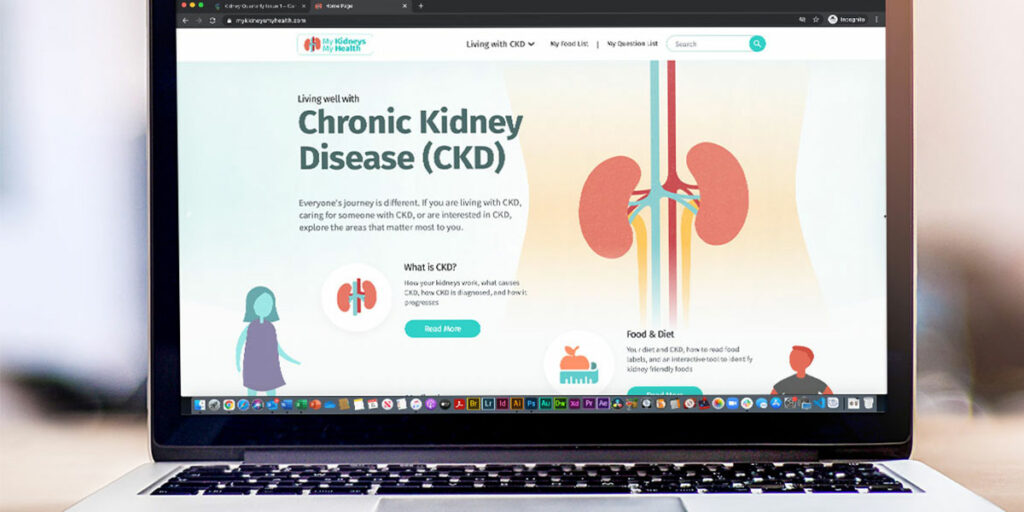
March 31, 2023
Three ways to improve care for Indigenous people in Canada
In a commentary published in the Journal of the American Society of Nephrology, authors highlight three key ways in which the health inequities that Indigenous people experience in regards to kidney health can be addressed.
Indigenous people in Canada are disproportionately affected by chronic kidney disease, diabetes, hypertension and kidney failure, largely as a result of social inequities related to institutionalized racism. These inequities are compounded in rural areas, where access to primary and nephrology care specialists is reduced.
In their commentary, Oksana Harasemiw et al. highlight a kidney health screening program, called Kidney Check, as an example to boost early detection of and treatment of kidney disease in rural and remote Indigenous communities. They note that, while the program has been implemented locally in several communities, scaling up of such programs is necessary in order to benefit more people.
A second way to address health inequities, the authors say, is to leverage existing resources for better care. Notably, the federal government has increased Internet services to rural areas, paving the way for more utilization of telehealth services. As well, the authors note that increased funding to retain existing community nurses, and encourage more physicians to make visits to rural areas, could further enhance primary care in rural and remote Indigenous communities.
Lastly, the authors emphasize that racism in health care remains a major barrier to addressing inequities in health; while they commend medical universities and provincial health care systems for increasing anti-racism and cultural competency training, they note that there remains of a lack of Indigenous representation among health care practitioners.
In their concluding remarks, the authors note that, while these different steps to address health inequities have been proven on small scales, they call on academia, industry, and government to partner and scale up these efforts, in order deliver on the promise of equal care for all Canadians, irrespective of race, ethnicity, or location.




